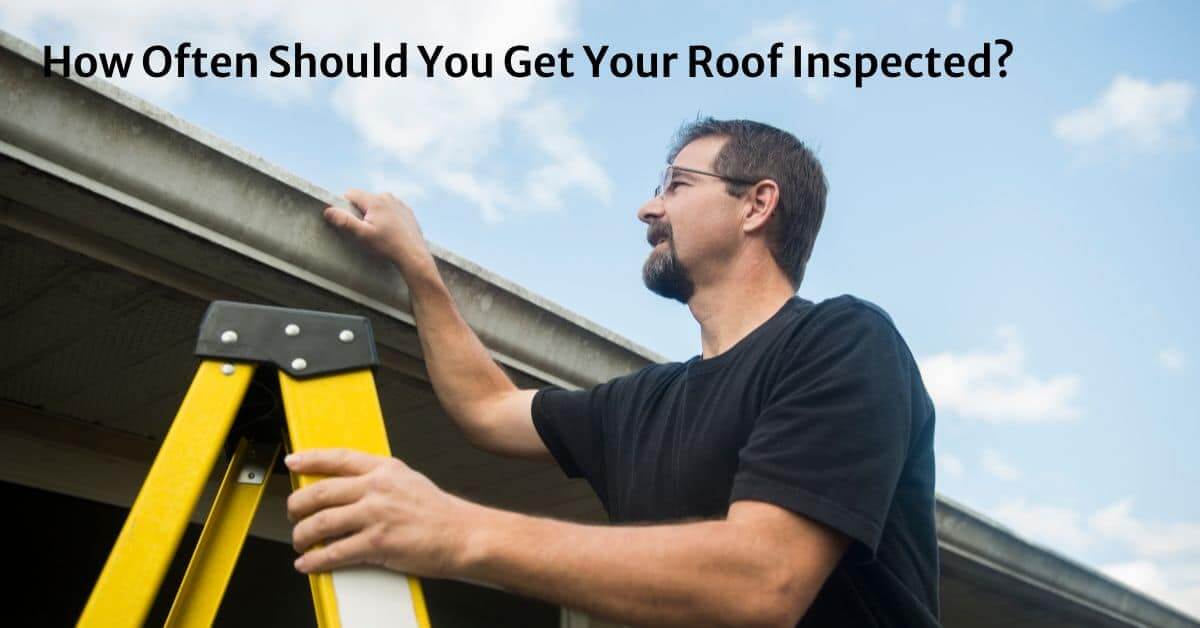
October 2, 2023
How Often Should You Get Your Roof Inspected?
A solid roof over your head isn’t just a metaphorical comfort—it’s a literal one, protecting your home and belongings from the elements. The roof is one of the most critical parts of a home, but it’s also one of the most neglected when it comes to regular maintenance. So, the question is, how often should you get your roof inspected?
1. General Guideline: Twice a Year
For most homeowners, having a professional inspect your roof at least once or twice a year is the general recommendation. It’s especially beneficial:
- Before winter: To ensure there are no vulnerabilities before heavy snowfall or ice.
- After winter: To check for any damages incurred during the colder months.
2. After Major Storms
Regardless of your regular inspection schedule, if your area experiences a significant storm, especially one with high winds, hail, or heavy rain, it’s wise to have your roof inspected shortly afterward. Such events can cause immediate and visible damage, or more subtle harm that may lead to issues down the line.
3. With Aging Roofs
The older your roof, the more frequently it should be inspected. If your roof is:
- 0-10 years old: Once every 2 years might suffice, unless you notice visible issues or experience severe weather.
- 10-20 years old: Annual inspections are a good idea.
- Over 20 years old: Consider having it inspected twice a year or more.
4. If You Notice Signs of Damage
Regardless of the age or last inspection date, if you notice any of these signs, get your roof checked:
- Sagging areas
- Missing, loose, or damaged shingles
- Granules in gutters (from asphalt shingles)
- Water stains on your ceiling or walls
- Moss, algae, or large patches of mold
5. Before Buying or Selling a Home
If you’re in the market to buy or sell a house, a roof inspection can offer peace of mind to both parties. Buyers will know they’re making a sound investment, and sellers can provide proof of the roof’s condition.
6. Commercial Properties
For business owners, the frequency can differ based on the type of roofing material used and the building’s function. However, bi-annual checks are a standard recommendation, with more frequent inspections for older roofs.
Benefits of Regular Roof Inspections
- Cost Savings: Catching minor issues early can prevent more costly repairs in the future.
- Extended Roof Life: Addressing minor problems can extend the lifespan of your roof.
- Peace of Mind: Knowing your roof is in good condition helps you rest easier, especially during inclement weather.
Wrapping Up
While these guidelines offer a general idea, the specific needs can vary based on the material, age, and environment around your home. Partnering with a reputable roofing professional can help ensure you receive accurate advice tailored to your situation.
Remember, the goal isn’t just to identify potential problems but also to maintain the health and longevity of your roof. Regular inspections are a small investment that can yield significant returns in terms of both money saved and peace of mind.
